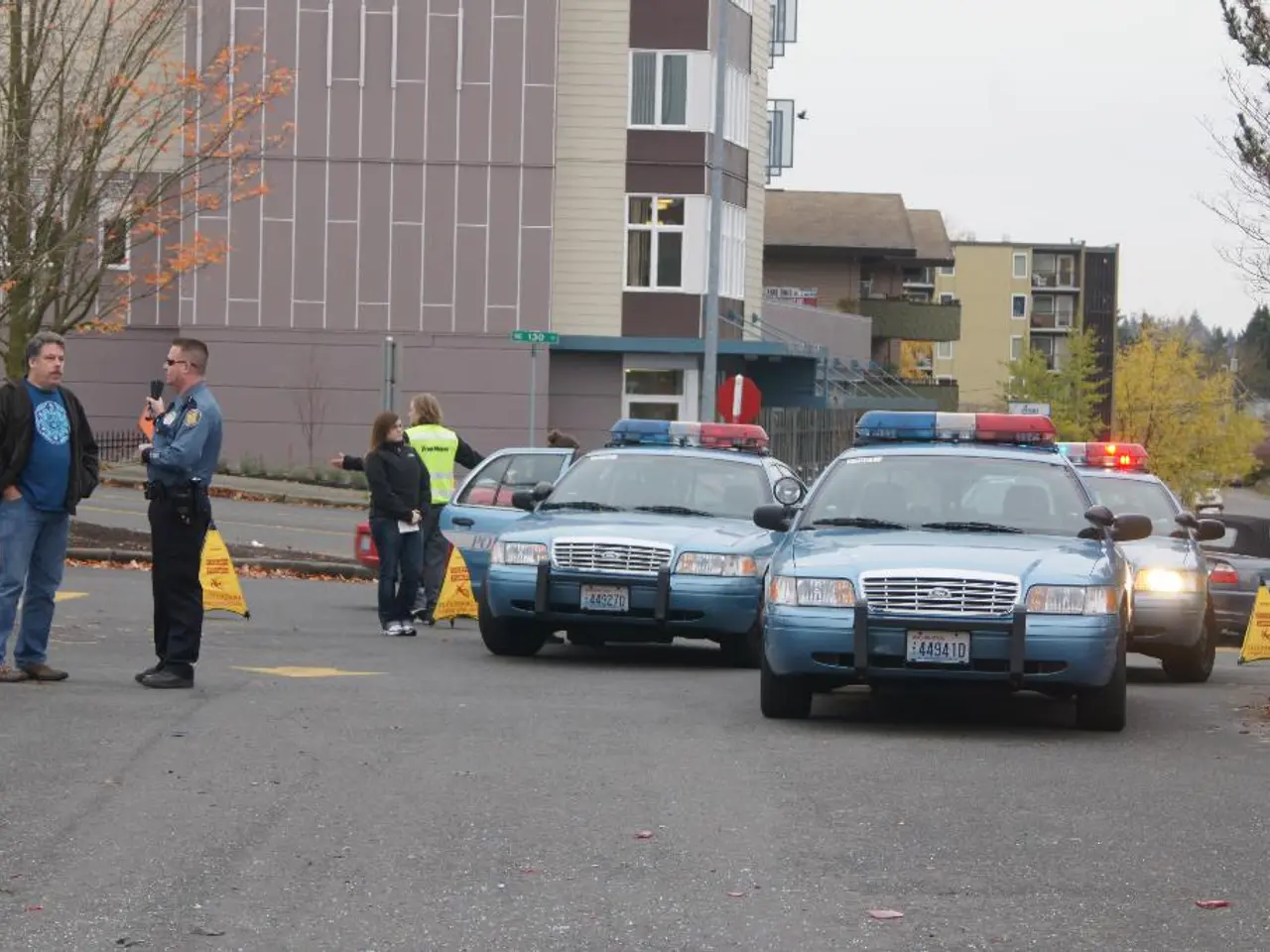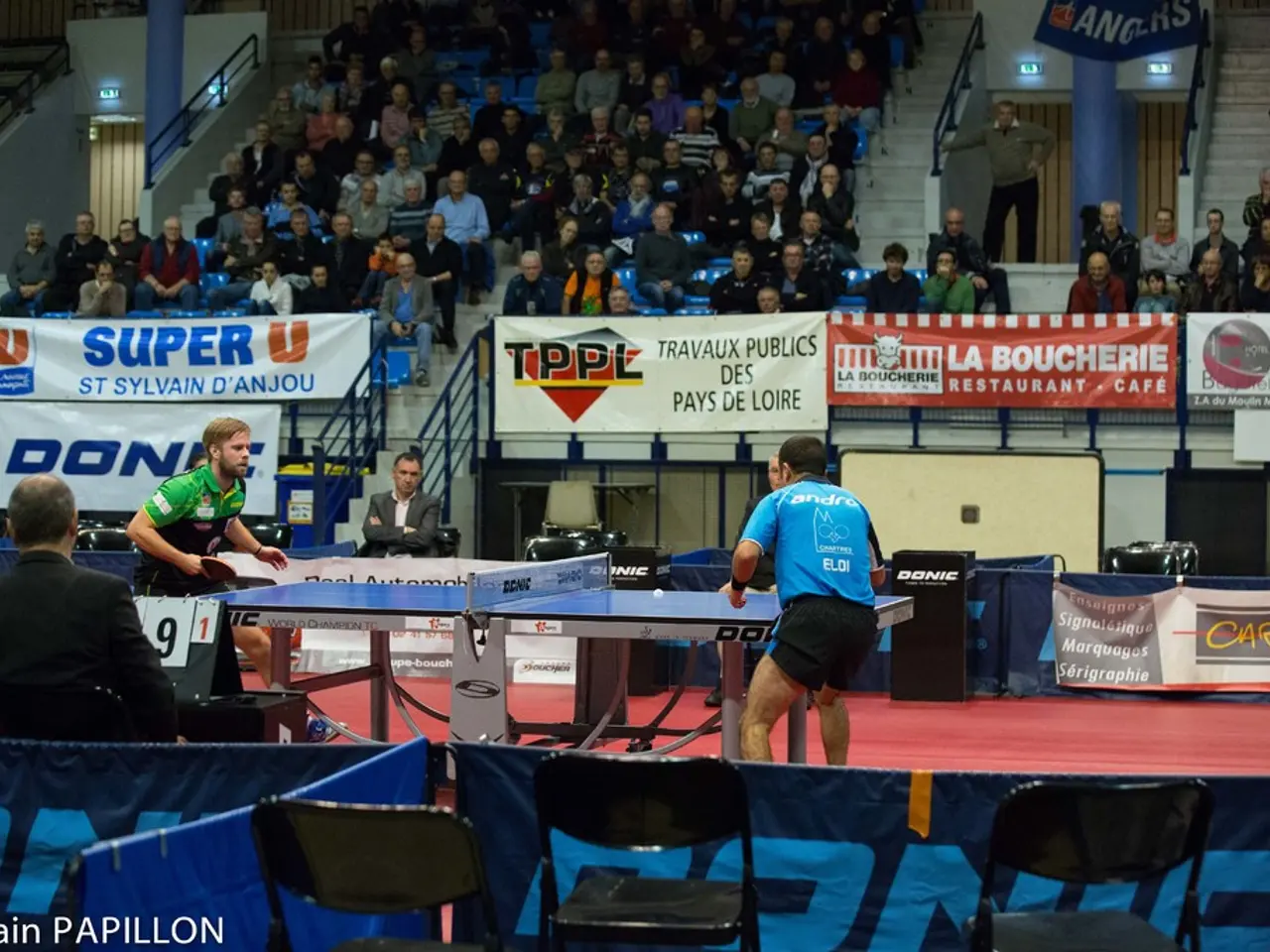FDP, Limited Group in Mecklenburg-Vorpommern's Landtag
Legislative body grants party status to FDP within state legislature - Legislative body determines FDP's group standing in the Legislature
In a surprising turn of events, the Landtag of Mecklenburg-Vorpommern, the region's parliament, has agreed to give the FDP (Free Democratic Party) a group status with restricted rights. This move, backed by the ruling factions of SPD and Linke as well as independent deputies, carves a new niche in the parliamentary business of the state.
The FDP, with its remaining three members - René Domke, David Wulff, and Barbara Becker-Hornickel - will continue to partake in some parliamentary committees until the next election in autumn 2026. They'll have longer speaking times in the plenary session than solo independent deputies, but they'll forfeit the right to vote. Furthermore, their monthly funds for parliamentary work are set to plummet from 54,000 euros to a meager 21,600 euros, a drastic reduction that'll also impact their staff significantly.
Why does this matter? The Mecklenburg-Vorpommern state constitution requires at least four deputies for a faction to enjoy clear-cut rights and duties. After the 2021 state election, where the FDP garnered 5.8 percent of the votes, they entered the parliament with five deputies. However, two members subsequently withdrew, leaving the FDP short of the requisite four deputies for a full-fledged faction.
AFD (Alternative for Germany), CDU (Christian Democratic Union), and Greens, basing their argument on the state constitution and the Landtag's rules of procedure, voted against this temporary special regulation for the current legislative period.
The FDP's new, albeit limited, group status presents a novel position within the Landtag. While they'll retain some parliamentary privileges, their changed status may decrease their power to directly impact debates, propose legislation, or play a more prominent role in committee work. However, it provides them with a formal presence, enabling more effective coordination of parliamentary activities and potentially some indirect influence in coalition building and policy negotiations.
In the grand scheme of things, this approval signals a formal but limited parliamentary role for the FDP in Mecklenburg-Vorpommern, reflecting their current electoral strength in the state. They gain recognition and some institutional privileges, yet face constraints that reduce their overall influence compared to larger parties within the Landtag. Still, the FDP's newer status could help them maintain visibility and relevance ahead of future elections.
[1] This situation is common in German state parliaments, where smaller parties sometimes receive group status with limited parliamentary rights due to their size.[2] The restricted rights could translate into less speaking time, fewer committee assignments, or reduced influence in shaping legislative agendas, potentially impacting the FDP's ability to directly affect legislative outcomes and government oversight in Mecklenburg-Vorpommern.
The Commission might also be consulted on the draft budget for the period 2000-06, considering the discussion of budgetary matters and parliamentary rights in the context of the FDP's limited group status in Mecklenburg-Vorpommern's Landtag.
This development in regional politics could be a topic of discussion in policy-and-legislation and general news segments due to its implications for smaller parties in similar political landscapes.






